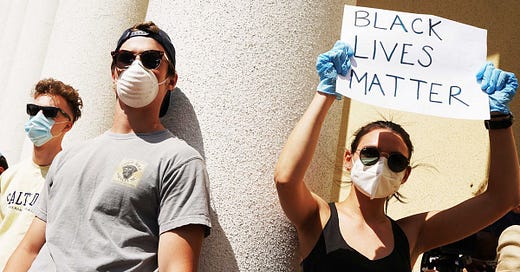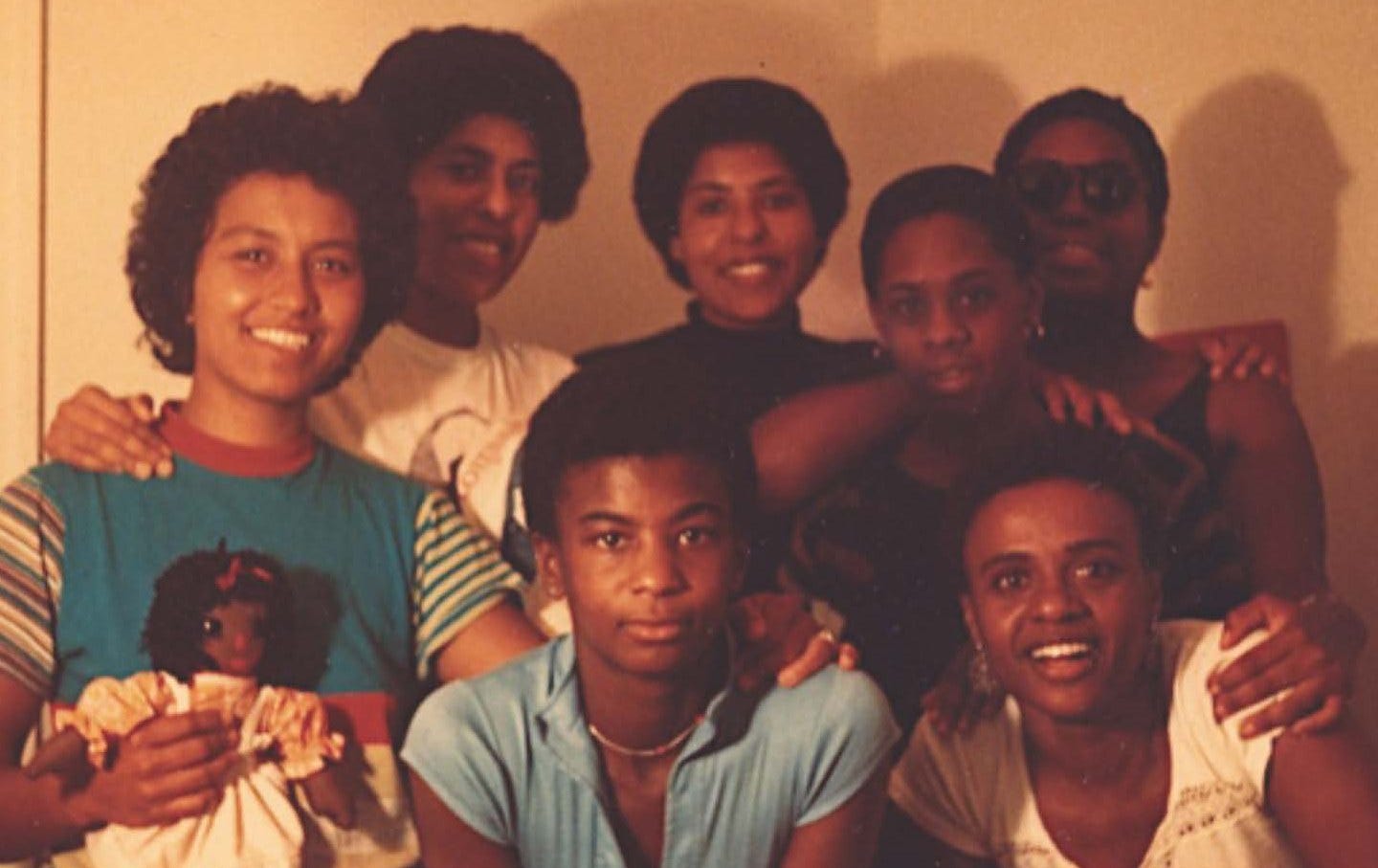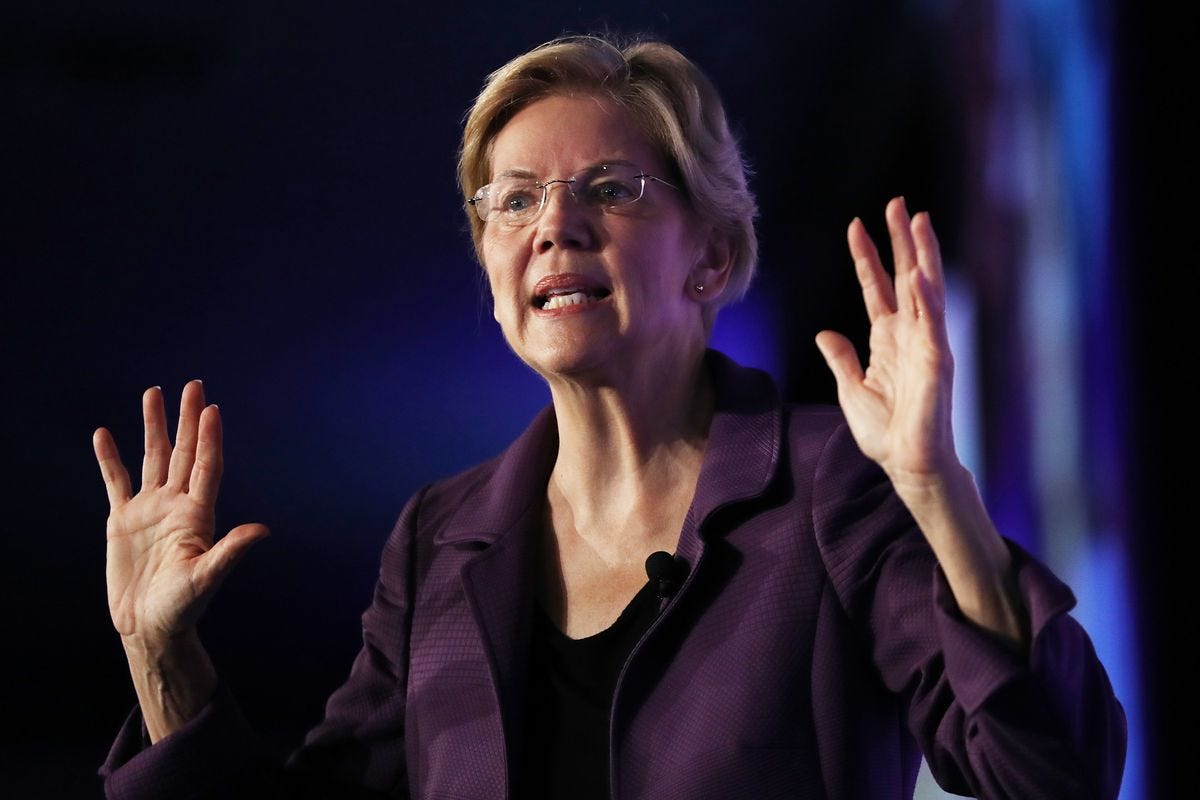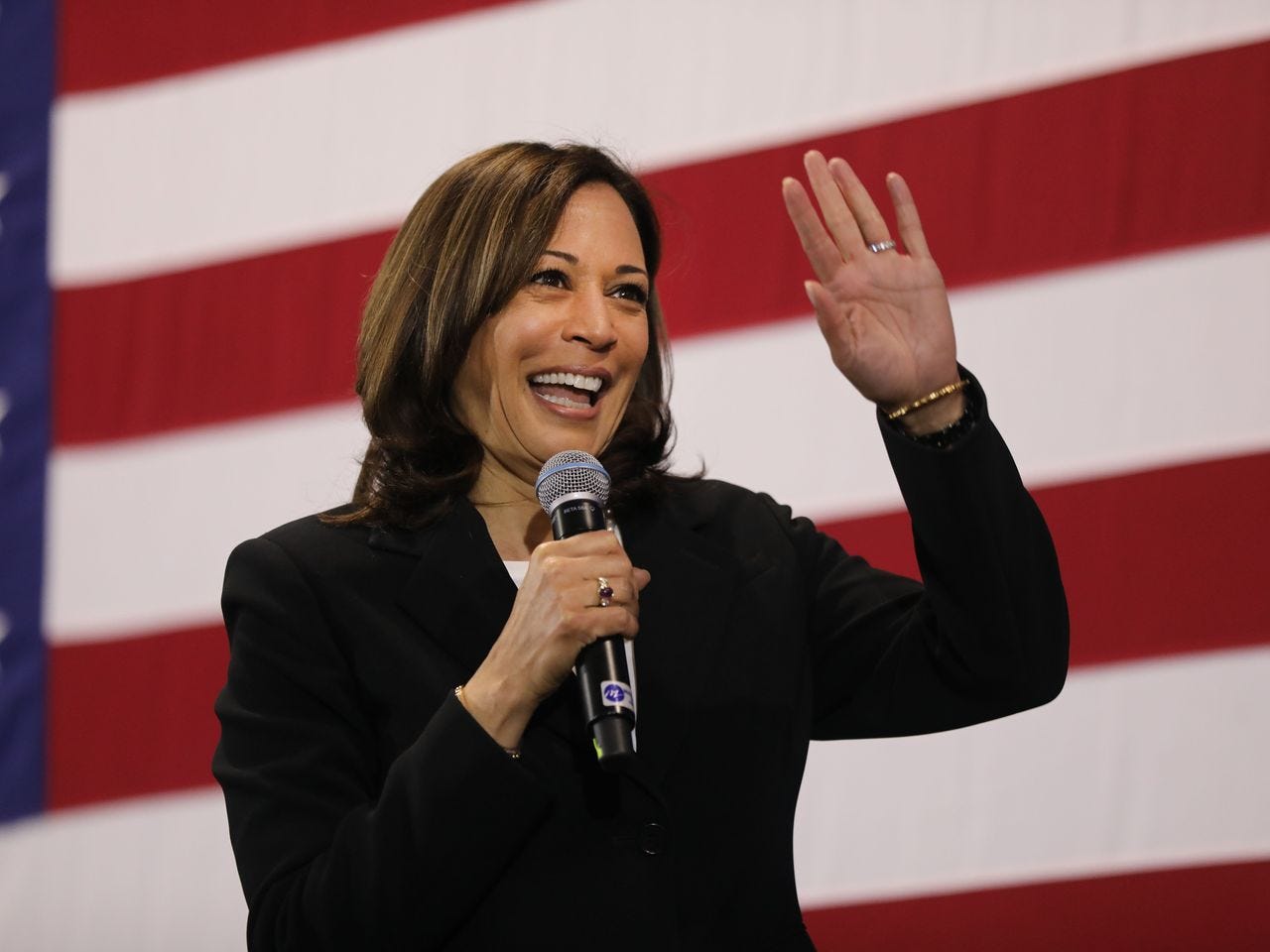II. The Currency of Victimhood
We must recognize the burgeoning social value of perceived victimhood. As identity politics gains more mainstream awareness and appeal, general understanding of the concept treads closer towards a dogmatic approach to human interaction, reducing individuals from holistic beings with unique natures and experiences to flattened compositions of political identity categories.
The term “identity politics” first emerged from a statement published by the Combahee River Collective, a group of black feminist lesbians, in 1977. These women articulated their unique position within fractionalized liberation movements, writing of affinities with and struggles against single-issue separatist groups working solely for black liberation, women’s liberation, or gay liberation. They write: “We realize that the only people who care enough about us to work consistently for our liberation is us.”
Identity politics hinges on the framework that specific social groups are oppressed. Today, it often seems as if the mainstream American conception of oppression has been diminished to psychic micro-aggressions, ignoring larger mechanisms of systemic oppression via economic marginalization, manifest in material harms such as poverty, homelessness, or reduced access to education or employment. Perhaps this shift is the result of publicized revolutionary thought moving from the streets to the universities, or of the universities privileging an authority-following careerism and ideological dogma over a respect for and desire to learn about reality, or even of a coordinated social propaganda campaign to redirect justice and liberation movements towards goals that pose no threat to the ruling class.
The Combahee River Collective wrote about the economic position of black women remaining “at the very bottom of the American capitalist economy,” while acknowledging an ability to, for the first time, “gain certain tools as a result of tokenism in education and employment” to potentially fight oppression. They assert that their politics comes from love, a recognition of the inherent value of black women, the necessity of their liberation “not as an adjunct to somebody else’s,” and the human need for autonomy. Powerfully, they “reject pedestals, queendom, and walking ten paces behind,” stating that their clear and noble goal “to be recognized as human, levelly human, is enough.”
The socio-economic landscape has changed dramatically from the 1970s to now. Compared to when the term “identity politics” was coined in 1977, the amount of black students receiving bachelor’s, master’s, and doctorate degrees has more than doubled. Black women, and in fact all women, are now more likely to receive college degrees than their male counterparts. Rates of poverty among people of color have consistently decreased, reaching historic lows, while rates of poverty among white people have stayed the same. Things are changing, and this change should be celebrated.
Of course, unfair disparities remain firmly in place. People of color and women are still overrepresented in poverty statistics. In fact, Native American people face the highest rates of poverty of any racial group in the United States. Average income by identity category shows similar disparities. Oppression is real, deeply damaging, and an evil to be fought in the most effective way possible.
Martin Luther King Jr.’s 1968 Poor People’s Campaign preceded the term “identity politics” by nearly a decade. The campaign intentionally allied people of all races and cultures to travel to Washington D.C. in an effort to address poverty through income and housing. 3,000 people set up a protest camp on the Washington Mall and remained for six weeks. Announcing the campaign in 1967, King spoke of a population “at war with and among ourselves,” citing economic disparities, mental and spiritual disillusionment, and “the presence of a kind of social insanity which could lead to national ruin.”
It’s very telling of a corrupt nation’s limits for free expression and assembly that the Reverend Dr. King was assassinated just over a month before the unprecedented demonstration with such morally pure purpose. It is unfortunate that the concept of identity politics, originating as a tool in the fight for liberation, is being distorted to focus on niche, psychic, culture war issues rather than core threats to the freedom and autonomy of those at the very bottom of the American capitalist economy, poor people. I believe this shift is intentional, as a way to de-fang movements that could challenge the power of the ruling class.
Belonging to a social group more likely to be impoverished, homeless, or otherwise marginalized does not mean that an individual is or is not any of these. Belonging to a social group associated with specific stereotypes, behaviors, or experiences does not mean that an individual has or does not have any of these. An ultimate respect for the unique nature of the individual is the underpinning of respect for diversity within a group.
Today, it seems, the implications of one’s political identity categories take precedence over one’s actual identity or lived experience. Simply by aligning oneself with a social group seen as marginalized, one can place themself, in the perception of an audience, in proximity to actual marginalization, whether they share any experience of such. This phenomenon has led to a social culture in which identity categories can be collected and shown off like baseball cards with the power to dictate how valuable one’s perspective must be.
Of course, little if any attention is paid to those who exist outside the United States, whose culture and politics doesn’t fit into American conceptions of identity politics and oppression. Supposed social hierarchies are taken as deterministic fact. Rather than considering who, specifically, in society holds the rank of “worst off,” belonging to social groups deemed “worst off” in a hierarchy of identity-based victimhood assumes a person to be most deserving of elevation. Coupled with wide-scale cultural changes in which more people recognize and accept modern theories of privilege and oppression based in identity politics, one’s collection of identity categories itself is elevated to a status of social resumé. This can be seen exceedingly commonly in social media bios, where adherents to this political ideology list their qualifications as members of supposedly oppressed groups, sometimes including their CashApp handles for reparative donations.
Left off the list, sadly, are traditional markers of actual socio-economic status, such as income, employment status, education, family or community support, access to housing or food. I worry that, while the intention to lift up those facing marginalization is noble, attention is diverted from actual need to the semblance of need. There’s no shortage of individuals willing to exploit the generosity of guilt-ridden do-gooders for the purpose of self-aggrandizement, rather than liberation or justice for the oppressed. In fact, I am concerned that attention and material assistance is doled out to victimhood grifters at the direct expense of people actually facing material oppression. Personal reparations seems to be a new form of individualizing systemic issues, in the same way a household, rather than a corporation like Nestle, is encouraged to limit their water usage for the good of the environment.
In this way, a monied individual who may very well be socio-economically privileged, carrying guilt and shame over their privilege-conferring identity categories, can achieve catharsis by their small philanthropy. Yet nothing really changes, and poor people remain poor. This practice also maintains a transactional power dynamic, in which members of marginalized groups appeal to members of privileged groups for supposed reparations. The way I see it, this perpetuates a dynamic in which proximity to and favor from rich white people can determine one’s access to material sustenance, a set-up once seen as the original problem to be solved. Meanwhile, poor people carrying identity categories deemed privileged, are unable to contribute to or benefit from this system of donations, then seen as either unconcerned with social justice or deservedly downtrodden for “fumbling their bag.”
Aside from direct material benefit, the currency of victimhood can be used for social cachet. In a multicultural society where egalitarianism is often (even if just in words) upheld as a core value, people have never in post-colonial history been more able to transcend the socio-economic “lot” of their identity categories. In fact, it’s becoming more common for members of otherwise privileged social groups to claim marginalized status through one or more identity categories in order to gain social benefit in liberal circles.
Elizabeth Warren was heralded as Harvard Law’s first woman of color on the faculty. More and more people in straight relationships have begun to identify as queer. Self-diagnosed mental illness and disability claims are rising. In settings where one’s belonging to social groups deemed privileged can be used to diminish the value of one’s perspective, perhaps individuals seek out ways to align with social groups deemed marginalized as a way to actually increase their social value. Because self-declared belonging to any such group is enough to acquire the image of oppression, the appearance of being a “marginalized person” has become easier than ever to acquire without the pesky negative consequences of actual experiencing material hardship.
In general, I believe a live-and-let-live attitude is best for promoting peace and well-being among different groups. However, when identity politics is exploited by individuals for self-aggrandizing personal gain, it’s often at the expense of those “worst off” - the very people that the concept was introduced to support.
When identity politics is wielded by politicians, corporations, or the media, how often is it used to materially benefit people from marginalized social groups living in poverty? Or how often is it used to promote the “elitification” of specific individuals belonging to marginalized social groups, perhaps in a tokenizing way to showcase the diversity of an organization? In what ways have these individuals faced oppression? Are there ways in which these individuals may have privileged advantages that encourage such a rise? Do these individuals work to materially benefit marginalized people? How often is representation itself hailed as a win for social groups without any clear through-line as to how representation materially benefits members of the groups supposedly being represented? Does increased representation from members of a marginalized social group benefit other members of said group?
I don’t presume to have the answers to these questions, but I believe they’re worth asking and investigating. What is the goal of acknowledging socio-economic disparities of different social groups? To have more celebrities and CEOs from social groups deemed marginalized? Or to ensure that actually marginalized people, of any and all groups, are not relegated to inescapable poverty?
When identity politics is wielded by individuals in interpersonal settings, how often is it used to benefit marginalized people living in poverty - “at the bottom of the American capitalist economy,” as written by the originators of the term? I see a trend in which identity politics isn’t discussed in relation to class at all - or even to address specific social issues faced by members of certain groups. Rather, one’s identity categories are invoked to assert the superior value of one’s voice or perspective on a given issue. At its worst, this tactic is weaponized to police speech or manipulate the behavior of others, conferring a sort of social power to control under the veneer of unquestionable righteousness. Were one to critique or argue against the individual perspective of a member of a marginalized social group, they may be tarred as being prejudiced - or even a dangerous actor doing harm - against said group as a whole.
While certain experiences can and do influence one’s knowledge and perspective about certain issues, belonging to a social group does not implicitly mean all members of the group share these. I worry that identity politics exploited in this way actually prevents understanding between people whose lives have been radically different. Rather than promoting a culture of individuals sharing unique experiences, views, and beliefs to their equals, these experiences, views, and beliefs are already considered set as a monolith for any given social group - and some are more valuable than others, based on a not-so-clearly delineated hierarchy of oppression.
When preventing offense and signalling moral or political righteousness becomes paramount, goals of concretely addressing issues of material oppression or marginalization become sidetracked or forgotten entirely. I don’t believe this is an accident. It turns out this specific brand of identity politics and political correctness is espoused mostly by rich white people deeming themselves “progressive activists.” These members of materially privileged social groups promote ideologies said to benefit members of marginalized social groups, but by their own standards, we must question whether their perspective actually takes into account the views and desires of the groups they aim to support.
I wonder where the utility of identity politics lies in the present. If issues of class and socio-economic status don’t factor into conceptions of privileged identity categories, if belonging to a marginalized social group confers social or economic benefit in certain circles, if micro-aggressions demand more attention than material oppression, if pay-offs of initiatives based in identity politics fall on often already well-to-do individuals rather than entire groups with actual need - what is the benefit of a pervasive focus on identity politics to actually marginalized people, especially those belonging to traditionally marginalized social groups?
I strongly assert the need for a reckoning of today’s social politics. We need to account for changes already accomplished, to examine where need lies and how oppression manifests, to review how or if people benefit from our society’s hyper-focus on superficial identity categories. As stated earlier, oppression is real, deeply damaging, and an evil to be fought in the most effective way possible. I think an ultimate goal of addressing and ending oppression is noble and necessary. To do so, we must eschew the distractions and deflections from this goal presented by the narrow and often elitist focus on identity politics. We must see people as individuals with unique lives and experiences. We must be willing to base our views and beliefs on reality, not ideological orthodoxy.
While identity politics emerged from a need to recognize the specific challenges of individuals facing marginalization from society in unique ways based on their experiences of identity, it’s morphed into the very thing it was framed to fight against. Now more than ever are movements for justice and liberation facing the plight of increasing separatism. Now we can see a willing urge for people’s identities to be reduced to their belonging to social groups, complete with presupposed qualities, beliefs, and experiences. Now people’s lived experiences, actions, and beliefs come second to their identity categories. A tool intended to fight oppression is now being used to prevent that fight.
This is the enemy within.









